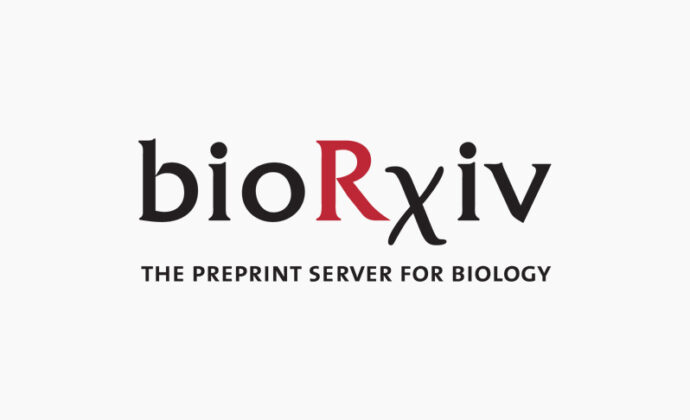Preprint from the ERA Chair and collaborators from The University of Queensland and Macquarie University, Australia posted on bioRxiv engineered the capacity of methylotrophy (methanol assimilation) in the yeast Saccharomyces cerevisiae through three synthetic pathways. The authors combined synthetic biology, toxicity assays, and 13C-methanol tracer experiments to show that the bacterial ribulose monophosphate (RuMP) pathway was the most promising synthetic pathway for methanol assimilation. Surprisingly, results also demonstrate that S. cerevisiae has a previously undiscovered native capacity for methanol assimilation.
